views
Employers must maintain drug testing programs to facilitate a safe working environment and productive employees. But is this hassle worth it? The answer might depend on the setting.
It would be best if you took the company's needs and relevant state laws into account. Significantly, some employers must follow strict drug-free workplace policies because they are either federal contractors or employ drivers.
On the other hand, other employers struggle to find qualified employees or want to keep a particular culture. They believe drug testing, particularly marijuana, will attract and retain talent.
Below are reasons why alcohol urine testing is necessary.
1. Reduced Workplace Conflicts
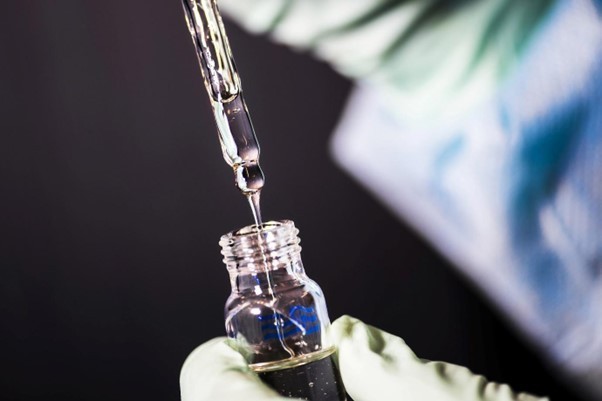
It is common for drug and alcohol users to become easily agitated, engage in irrational behavior, and experience extreme mood swings. This can lead to workplace conflict as well as low morale. By implementing a urine test alcohol policy in your workplace, you are ensuring your employees a safe and harmonious working environment. You will identify any problem and be proactive in your approach to resolving it.
2. Reducing Abuse
Workplace drug use is on the rise, and employees may feel free to use their preferred drug while on the job if a company does not require routine drug testing. However, drug testing in the workplace prevents employees from using drugs and arriving at work high or unable to concentrate.
3. Increase Production
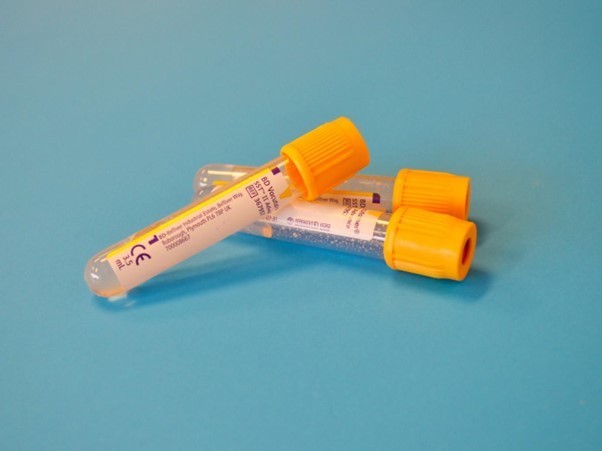
When a company uses routine drug testing, its output increases. Additionally, drug-free workplaces encourage employees to think and work their hardest. A drug-free workplace also improves employee relationships and morale.
4. Fewer Thefts & Claims
Drug users require money to feed their habits as part of the drug and alcohol abuse cycle. Additionally, it's not uncommon for an employee with a substance abuse problem to bring this criminal behavior to your workplace. Theft from coworkers, theft of office supplies and products, and even fraud are common crimes committed by substance abusers to pay for their drugs or alcohol.
However, regular drug and alcohol tests may serve as a deterrent and protect your company. If a substance abuser has been identified, you can take proactive steps to prevent any potential theft or fraud.
5. Safety
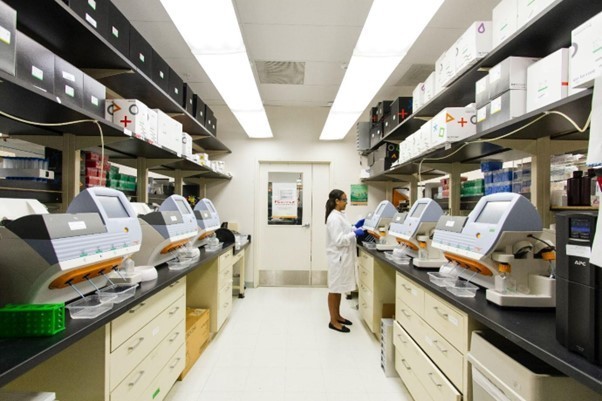
Routine Drug testing at the workplace promotes workplace safety and reduces drug use. Employees who work while under the influence increase the number of workplace accidents and injuries. This is especially true when tools and heavy machinery are required on-site.
According to the United States Department of Justice, employee drug or alcohol use causes more than half of workplace accidents. Employees who use drugs at work are also five times more likely to file a workers' compensation claim, which can cost your company a lot of money.
6. Reducing Turnover
Drug testing in the workplace lowers employee turnover rates. People who use drugs at work are more likely to change jobs several times a year. Requiring employees to be sober at work maintains high employee quality and can reduce employee turnover by one-third. Hiring and training new employees is a time and money drain that no business can afford.
7. Reduce Health Insurance Costs
Employees with substance abuse problems are prone to have health problems. Significantly, the more claims you file will lead to higher premiums. Hence, by reducing the number of claims, you can lower the cost of your insurance. Drug and alcohol testing can help employers identify drug abusers in the workplace and take appropriate action.
8. Reduced Staff Absenteeism
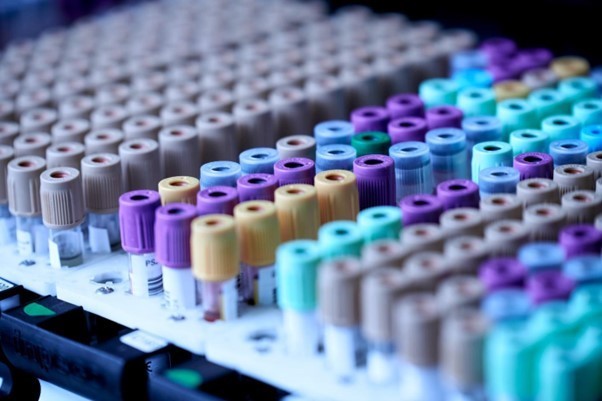
Workplace drug and alcohol testing programs have been shown to reduce absenteeism successfully. Absenteeism and sick leave caused by drugs or alcohol are costly to businesses. Additionally, a substance abuser is three times more likely to miss three or more work days per year. Significantly, there is an apparent financial cost, but there is also a loss of employee morale, which can be far more damaging to the workplace.
Drug Testing Procedures
There are no universal standards for drug and alcohol testing, monitoring, diagnosis, or continuous care in clinical settings. The American Society of Addiction Medication recognizes that this has resulted in a clinical practice gap.
Drug testing can be done effectively at work, home, or school, even without standardization. However, because of limited access to mail-in labs that process remote samples, at-home or remote testing may not always be possible, but this is changing. More labs are expanding their services to include remote specimen sample analysis.
Saliva, urine, and sometimes blood tests are the most common alcohol and drug tests. Significantly, blood tests produce more accurate and reliable results. This is because blood tests provide more specific information about drug and alcohol concentration levels, among other things. This is also because, unlike urine, blood samples are more challenging to adulterate or dilute.
Patients can self-collect blood samples at home using special remote devices and send them to the lab for testing. Also, some drug and alcohol treatment facilities can provide them with at-home specimen collection kits to receive remote devices.
Bottomline
In many ways, drug testing at the workplace protects both the employee and the employer. Significantly, such testing boosts productivity while also increasing workplace safety. Many employers drug test their employees regularly to keep their workplaces both productive and safe.










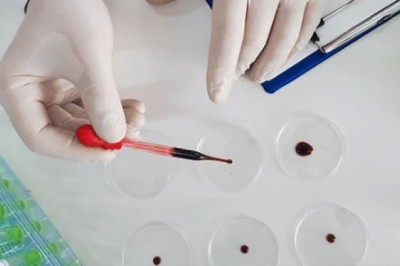










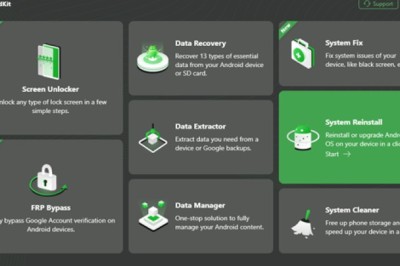

Comments
0 comment